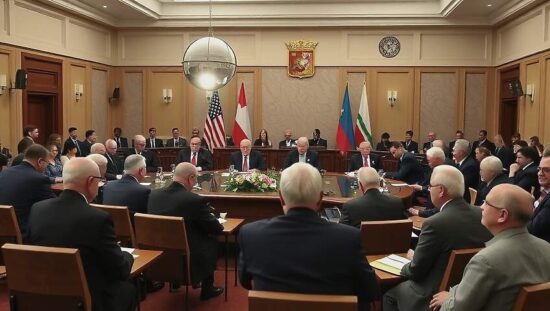Germany and France are poised to push for a significant shift in the European Union’s approach to China, aiming to leverage new sanctions capabilities to counter Beijing’s increasingly assertive tactics. According to sources privy to preparations for the upcoming EU summit in Brussels, Chancellor Friedrich Merz (CDU) and President Emmanuel Macron intend to initiate discussions regarding sanctions against China, specifically concerning its control over critical raw materials.
The proposed action centers on activating the EU’s recently established “Instrument for Addressing Coercive Trade Practices” a tool designed to respond to economic blackmail with counter-sanctions. The initiative, jointly championed by Germany, France and the European Commission, signals a hardening stance towards China, moving beyond diplomatic remonstrations to potential economic consequences.
Germany has reportedly documented instances where Beijing has wielded access to vital resources-including elements crucial for advanced semiconductor manufacturing-as leverage in negotiations with the EU. This tactic has been used to gain concessions regarding access to sensitive European technologies, raising concerns about Europe’s technological sovereignty and strategic vulnerability.
If a majority of EU member states endorse a formal classification of China’s raw material policies as coercion, the European Commission could threaten and implement a range of economic penalties. These measures could encompass punitive tariffs, exclusion from EU procurement contracts and the imposition of special levies on Chinese businesses operating within Europe. A diplomatic source cited by the Handelsblatt emphasized the intention is initially to “open the toolbox” of sanctions, reserving the most severe measures as a final resort.
The move represents a departure from previous EU policy, which prioritized engagement and dialogue with China. Critics argue that this softer approach has unwittingly emboldened Beijing, allowing it to exploit Europe’s dependence on Chinese trade. While proponents emphasize the necessity for retaining trade ties, the escalating tensions and China’s increasingly assertive behaviour are pushing the EU toward a more confrontational posture. The success of this initiative, however, hinges on securing consensus among member states, some of whom remain hesitant to antagonize China’s vast economic influence.





